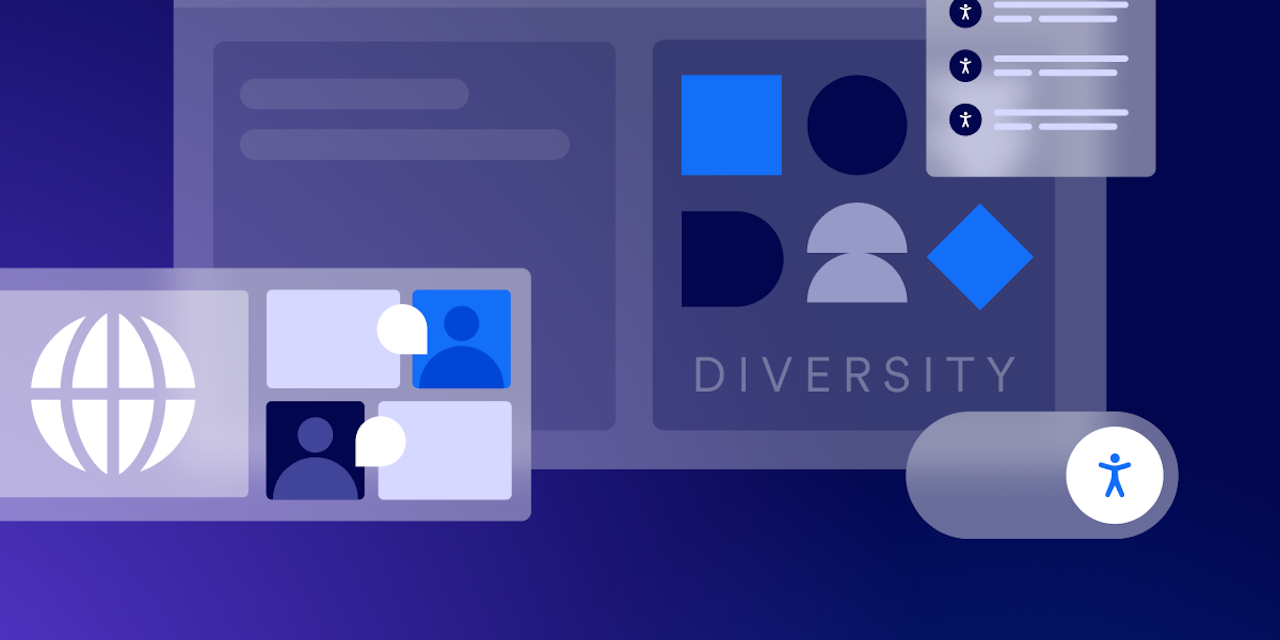accessiBe
The #1 In AI Web Accessibility Solutions and Services For Businesses Of All Sizes
Skills
Clients
Sector Experience
This promoted content is produced by a publishing partner of Open Mic. A paid-for membership product for partners of The Drum to self-publish their news, opinions and insights on thedrum.com - Find out more
4 post-Covid lessons agencies can learn about web accessibility
August 18, 2022

When Covid-19 became an international health emergency in January 2020, it changed the fabric of society; people were isolated in their homes for months at a time, which led to an exponential increase in internet use that could have benefited agencies and their clients with new profit via online transactions.
However, your clients’ websites were still missing out on a large demographic that would have liked to have purchased their products and services during the pandemic era. That demographic, which is 26% of the US population living with a disability, was and is still encountering digital barriers and poor user experiences that block their use and navigation of websites.
Advertisement
For agencies and their clients, this population is actually a market share that shouldn’t be overlooked, and ensuring that they can browse, shop, and engage virtually without limitations requires making digital assets accessible.
Now, we’re finally talking about the world being post-Covid. But, while employees may be returning to offices and the average Joe might shop less online, the web accessibility gap still remains to be bridged. Suppose we learned anything from our excessive internet use during Covid-19’s reign. In that case, it’s that web accessibility needs to be recognized and implemented not just to mitigate legal risk, but to enjoy the benefits that come along with upholding moral and ethical responsibility.
These are the four lessons that every agency should apply to the digital world in which their clients’ businesses could be thriving today:
1) Knowledge-sharing needs to be accessible
Online and distance learning is officially taking over the internet thanks to Covid-19’s “stay-at-home” mandates. Therefore, the workshops, webinars or demos your clients provide to potential consumers need to be accessible so they include people with disabilities in knowledge-sharing activities. Closed captioning and transcriptions for videos and audio assets, as well as remediated PDF and Excel files, will allow your clients to educate an extended population on their industry, services, products, or missions. There are services available to help you achieve all of these things so you can become accessible while spreading awareness on inclusivity for everyone, regardless of ability.
2) Virtual engagement impacts sense of belonging
Covid’s quarantine mandates meant that more people were vulnerable to experiencing symptoms of anxiety and depression, as “social isolation is recognized as a trigger for mental illness.” For many, connecting online through various forms of chat and video allowed a sense of belonging to an online community which has been proven to promote feelings of happiness.
For your clients’ websites or platforms that have comment sections, chat options, and review submissions, web accessibility is a necessity. Without it, people with disabilities are limited in virtual engagement, implying that their thoughts and opinions don’t matter to others on the web. Your clients need to make interactive content or portals accessible to keep up with this sense of inclusion that will strengthen the consumer relationships or network they value.
3) In-house diversity boosts the accessibility mindset
Remote work has made hiring people with disabilities more feasible and convenient for all parties involved. In fact, the employment rate of people with disabilities rose to 19% in 2021, but that percentage is still three times smaller than those who are employed and without a disability.
Whether your clients’ companies have returned to the office or their employees are working remotely, it’s still time for them to jump on the diversity bandwagon and bring in new talent that lives with a disability. They should start by making their internal platforms accessible and compatible with assistive technology. Diversifying staff with employees who live with disabilities will allow you and your clients to gain new insight into continued accessibility practices and how to approach this specific audience effectively and with appropriate consideration for their needs.
4) Those who don’t care about web accessibility, don’t know anything about it
Any client who claimed to not care about implementing web accessibility was just simply unaware of its many benefits; it mitigates the legal risks associated with inaccessible websites, improves a website’s overall performance and SEO efforts, and opens up revenue channels due to expanded audience reach. Not to mention, the huge impact it could make on their reputation as an inclusive business, which makes a big difference to not just people with disabilities, but their friends and families too. As an agency in the post-Covid age, you need to introduce the facts and automated solutions that came to light during the peak of the pandemic, and then clients will realize why web accessibility is important now and today.
The post-Covid lessons agencies can pick up are actually great strategies that are sure to enhance business activities and cultivate a culture of inclusion in the digital world and in their personal workspaces. Therefore, once again, we’ve learned that web accessibility is crucial in many online and business components and can be a straightforward practice for many agencies’ clients today.


